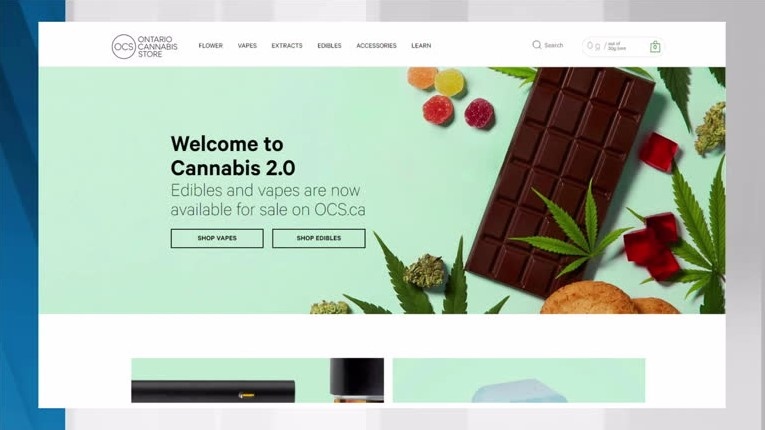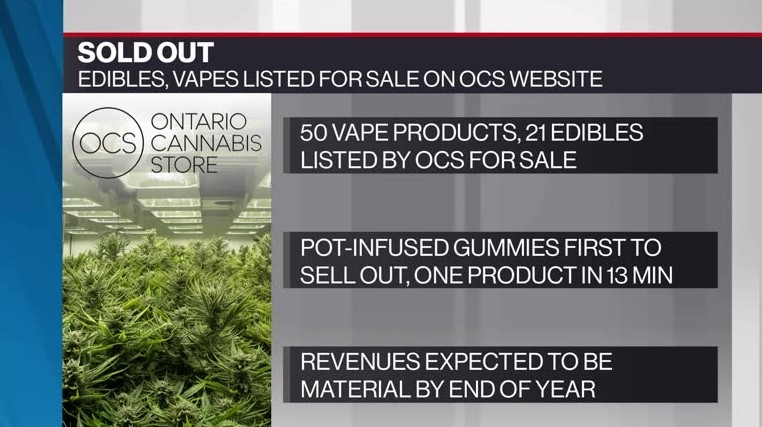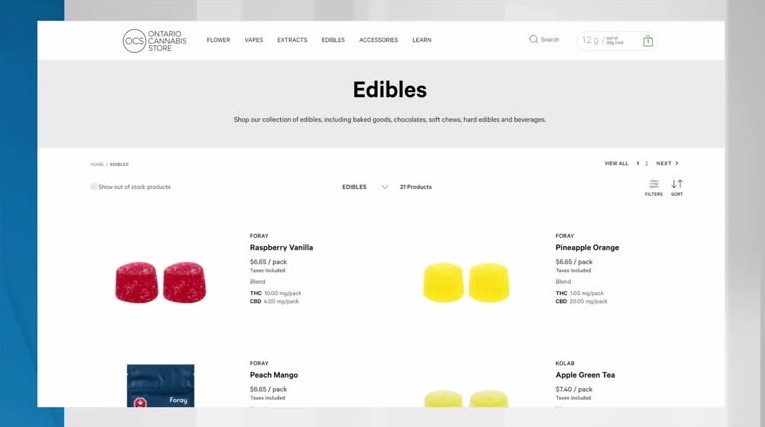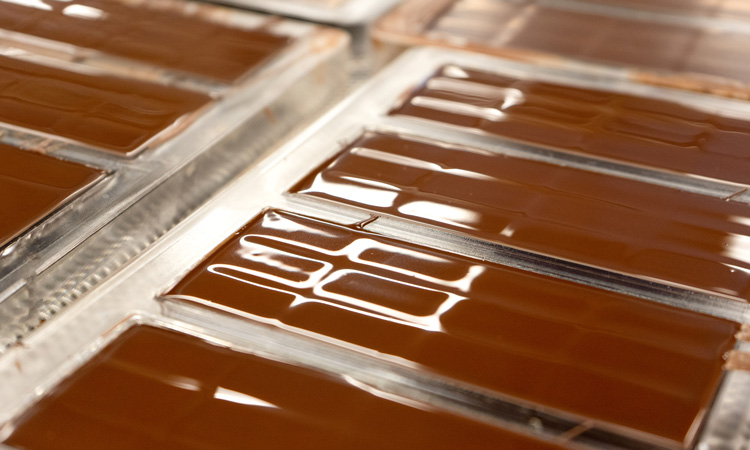- In late December completed first harvest at Salinas, California cultivation facility
- Harvested 2,687 plants that were included in the acquisition of the Qlora Group
TORONTO, Jan. 09, 2020 — North Bud Farms Inc. (CSE: NBUD) (OTCQB: NOBDF) (“NORTHBUD” or the “Company“) is pleased to provide shareholders with the following corporate update:
Cannabis Production Facility in Salinas, California
In late December we completed our first harvest at our Salinas,
California cultivation facility. We harvested 2,687 plants that were
included in the acquisition of the Qlora Group (“Qloraâ€). The Company
anticipates completing testing and sale of the product in late January
2020, which will represent the first revenue generated by the Company in
California. The Company has also completed an in-depth review and
analysis of both the infrastructure and cultivation practices and will
be implementing significant efficiencies over the course of the next
four harvests. The Company anticipates continual harvests of 2,000-3,000
plants every 25 days, with quality and yield improving with each
harvest. This product will be sold via wholesale agreements to existing
Qlora clients in the interim as we prepare for the launch of NORTHBUD
branded flower products in California in the third quarter of 2020.
“Despite challenges faced by the cultivation team during this period
of transition, we are extremely excited to be harvesting our first crops
and look forward to continual improvements as we implement procedural
and infrastructure efficiencies,†said Justin Braune, President of
Bonfire Brands USA, a wholly owned subsidiary of NORTHBUD.
Cannabis Production Facility in Reno, Nevada
The Company is pleased to announce the completion of the first
harvest of approximately 175 indoor grown plants. Upon the completion of
testing and processing, the product will be distributed as NORTHBUD
flower, pre-rolls and infused pre-rolls into selected Nevada
dispensaries. The launching of NORTHBUD branded products into Nevada
marks a significant milestone for the Company.
Status of Cultivation Licence Application for Cannabis Production Facility in Low, Quebec
On September 18, 2019, the Company received a confirmation of receipt
of the site evidence package submitted in late August 2019. On November
22, 2019, the Company received a request for information from Health
Canada (the “Requestâ€). The Request was received
within the 60-business day service window for feedback provided by the
regulator. The Company is pleased to report that the Request was
responded to in full in advance of the December 8th deadline. The
Request did not contain any notices of deficiencies in the Company’s
cultivation licence application nor did it require the Company to make
any modifications or changes to its facility.
On December 19, 2019 the Company received a subsequent follow-up
request for information consisting of two questions which were responded
to that same day, and on December 20th, the Company received a request
to clarify the roles of recently-hired employees in relation to the
requested cultivation licence. This request was responded to in full on
January 3, 2020. The Company has received no further communication from
Health Canada.
The Company is confident that the approval process is on track and
within comparable timelines experienced by other publicly-traded
companies who have recently submitted evidence packages. At this time,
the Company cannot predict when it will be granted a cultivation licence
by Health Canada. The Company will update shareholders on any further
progress on the application.
Annual General Meeting
The Company wishes to inform shareholders that it will hold its
Annual General and Special Meeting at 1:00 p.m. ET on Monday, February
3, 2020 at the office of McMillan LLP, World Exchange Plaza, Suite 2000,
Ottawa, Ontario. The Company will file the required information for the
annual and special meeting under its issuer profile on SEDAR at www.sedar.com.
Staffing and Personnel
The Company is pleased to announce the hiring of Adam Shapero as
General Counsel. Adam comes to NORTHBUD after serving as Director of
Risk Management, Corporate Secretary and Senior Counsel at Origin House
(CSE: OH), who was recently acquired by Cresco Labs (CSE: CL) in a
transaction valued at ~ $520 million. “We are extremely pleased to
welcome Adam to our team,†said Sean Homuth, CEO of NORTHBUD. “His
first-hand experience in the Cannabis industry will add tremendous value
to our team while reducing our reliance on external counsel.â€
About North Bud Farms Inc.
North Bud Farms Inc., through its wholly owned subsidiary GrowPros
MMP Inc., is pursuing a license under The Cannabis Act. The Company has
built a state-of-the-art purpose-built cannabis production facility
located on 135 acres of Agricultural Land in Low, Quebec, Canada.
NORTHBUD through its wholly owned U.S. subsidiary, Bonfire Brands USA
has acquired cannabis production facilities in California and Nevada.
The Salinas, California property is located on 11 acres which currently
consists of a 300,000 sq. ft. of licensable greenhouse space with 60,000
sq. ft. actively cultivating cannabis and a 2,000 sq. ft. building
licensed for distribution. The Reno, Nevada property is located on 3.2
acres of land which was acquired through the acquisition of Nevada
Botanical Science, Inc. a world class cannabis production, research and
development facility with 5,000 sq. ft. of indoor cultivation which
holds medical and adult use licenses for cultivation, extraction and
distribution.
For more information visit: www.northbud.com
Neither the CSE nor its Regulation Services Provider (as that term is
defined in the policies of the CSE) accepts responsibility for the
adequacy or accuracy of this release.
Forward-looking statements
Certain statements and
information included in this press release that, to the extent they are
not historical fact, constitute forward-looking information or
statements (collectively, “forward-looking statementsâ€) within the
meaning of applicable securities legislation. Forward-looking
statements, including, but not limited to, those identified by the
expressions “anticipateâ€, “believeâ€, “planâ€, “estimateâ€, “expectâ€,
“intendâ€, “mayâ€, “should†and similar expressions to the extent they
relate to the Company or its management.
Forward-looking statements, including, but not limited to, those
regarding the success of the Company’s licence application in Quebec,
future sales of cannabis in California and Nevada, plant harvest yields
at the Company’s California and Nevada operations, conditions in the
cannabis market, the Company entering agreements in connection with the
B2B supply of cannabis and the Company’s transition into a revenue
generating operational phase of development are based on the reasonable
assumptions, estimates, analysis and opinions of management made in
light of its experience and its perception of trends, current conditions
and expected developments, as well as other factors that management
believes to be relevant and reasonable in the circumstances at the date
that such statements are made, but which may prove to be incorrect.
Forward-looking statements involve known and unknown risks,
uncertainties and other factors that may cause the actual results,
performance or achievements of the Company to differ materially from any
future results, performance or achievements expressed or implied by the
forward-looking statements. Such risks and uncertainties include,
among others, the risk factors included in the Company’s final long form
prospectus dated August 21, 2018, which is available under the
Company’s SEDAR profile at www.sedar.com.
Accordingly, readers should not place undue reliance on any such
forward-looking statements. Further, any forward-looking statement
speaks only as of the date on which such statement is made. New factors
emerge from time to time, and it is not possible for the Company’s
management to predict all of such factors and to assess in advance the
impact of each such factor on the Company’s business or the extent to
which any factor, or combination of factors, may cause actual results to
differ materially from those contained in any forward-looking
statements. The Company does not undertake any obligation to update any
forward-looking statements to reflect information, events, results,
circumstances or otherwise after the date hereof or to reflect the
occurrence of unanticipated events, except as required by law including
securities laws. This news release does not constitute an offer to sell
or a solicitation of any offer to buy any securities of the Company.
FOR ADDITIONAL INFORMATION, PLEASE CONTACT:
North Bud Farms Inc.
Edward Miller
VP, IR & Communications
Office: (855) 628-3420 ext. 3
[email protected]












